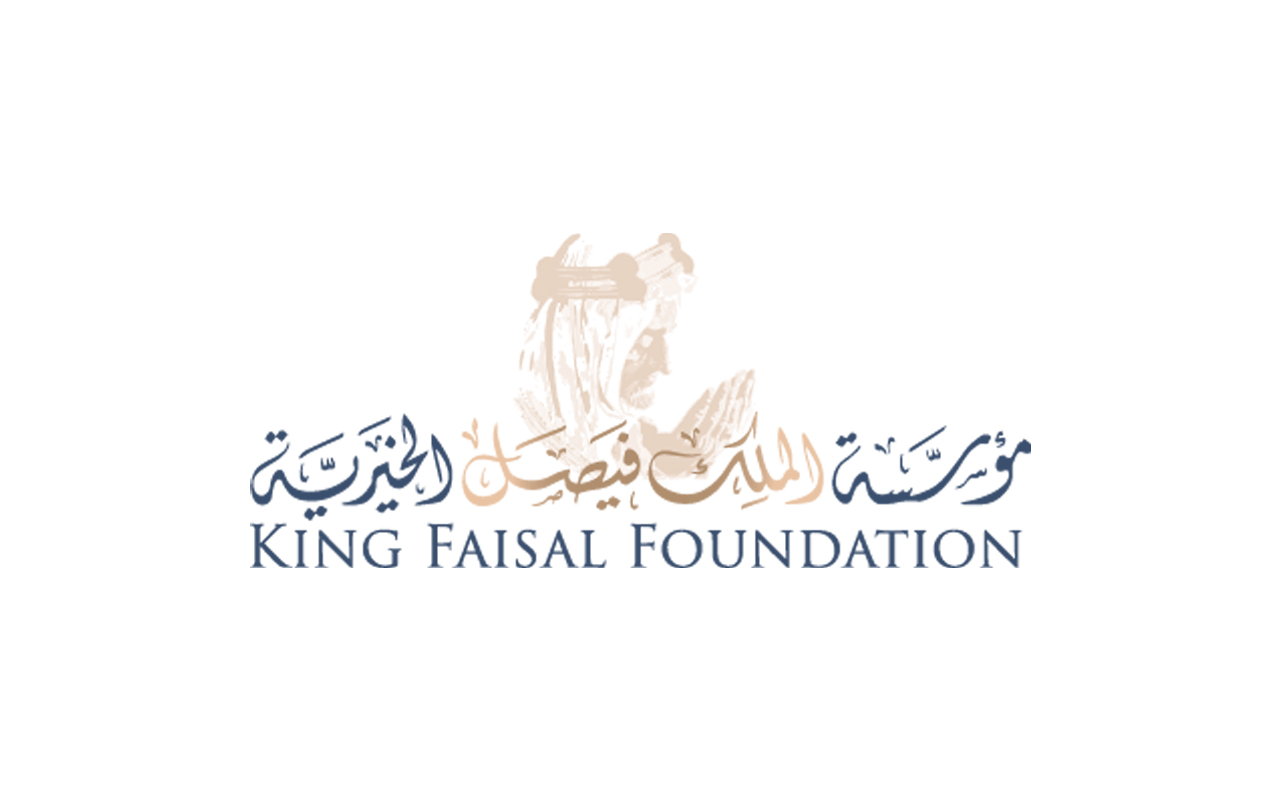King Faisal Prize for Medicine
The King Faisal Prize for Medicine is an annual prize presented by the King Faisal Foundation to qualified individuals eligible for the prize, which includes those who have conducted and published original scientific research on the announced topic of the prize, or those who have conducted research resulting in significant benefit to humanity, or achieved one or more of the objectives of the prize, according to the evaluation and judgment of the selection committee. The prize is headquartered in the capital, Riyadh, Kingdom of Saudi Arabia, and was first awarded in 1982.
The King Faisal Prize for Medicine process
The King Faisal Prize process begins on September 1, selecting a specific topic for each prize category, except for the Service to Islam Prize. The nomination period commences on September 1 and extends through to the end of March of the following year, with nominations concluding on March 31.
Between April and January, referees receive nominated works for study. Come the first week of January, selection committees for each prize convene to decide on and announce the laureates.
In March, the annual prize ceremony, under the patronage of the Custodian of the Two Holy Mosques, is held to honor the laureates and present them with their prizes.
Background of King Faisal Prize for Medicine
The King Faisal Prize for Medicine is one of the categories of the King Faisal Prize, established in 1977, and was awarded for the first time in 1979. It recognizes individuals and institutions for their distinguished achievements across five categories: Service to Islam, Islamic Studies, Arabic Language and Literature, Medicine, and Sciences.
Laureates of King Faisal Prize for Medicine
Since its establishment and up to 2026, the King Faisal Prize for Medicine has been awarded to seventy-eight winners from thirteen nationalities.
